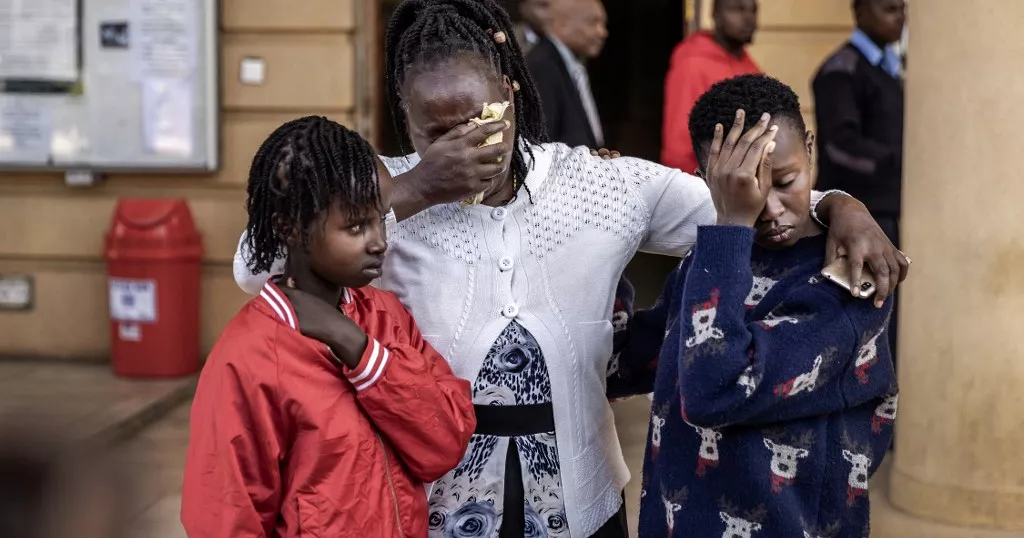The Kenyan courts held an initial hearing on Wednesday into the murder of a young woman whom a British soldier is accused of killing in 2012, before adjourning the case until next May, much to the dismay of the prosecution.
The lifeless body of Agnes Wanjiru, a 21-year-old Kenyan and mother of a two-year-old daughter, was discovered in 2012 in a septic tank in Nanyuki, central Kenya, where the British army has a training camp.
An investigation had been launched in 2019 in Kenya, with no known public outcome.
In October 2021, the British weekly Sunday Times claimed, with several testimonies from military personnel, that a soldier who had been seen with the young girl on that day in 2012 had that same evening confessed to killing her to his comrades, and had shown them the body. The murder was then reported to the military hierarchy, which did not follow up, the newspaper added.
Following these revelations, the Kenyan police announced that they were relaunching the investigation.
An initial hearing was held on Wednesday before a Nairobi court, which decided after a few minutes to postpone the case until May 21.
“This is not the decision we were expecting”, Esther Njiko, Agnès Wanjiru’s niece, told AFP, accusing the authorities of trying to “hide” the truth.
Since Kenya’s independence in 1963, the former British colonial power has maintained a base, the British Army Training Unit in Kenya (BATUK), on the outskirts of Nanyuki, some 150 kilometers north of the capital Nairobi.
Its presence fuels the local economy but has also been a source of controversy.
In a document sent to the court and consulted by AFP, British colonel Andrew Wilde, a member of BATUK, points out that “BATUK is a British army unit which is part of the British government’s Ministry of Defence”. And announces that “the British government, as a sovereign state, does not consent to submit to the jurisdiction of this honorable tribunal”.
The question of jurisdiction over British soldiers who break Kenyan law has been the subject of several disputes between London and Nairobi, with other incidents also creating tensions locally.
AFRICANEWS



